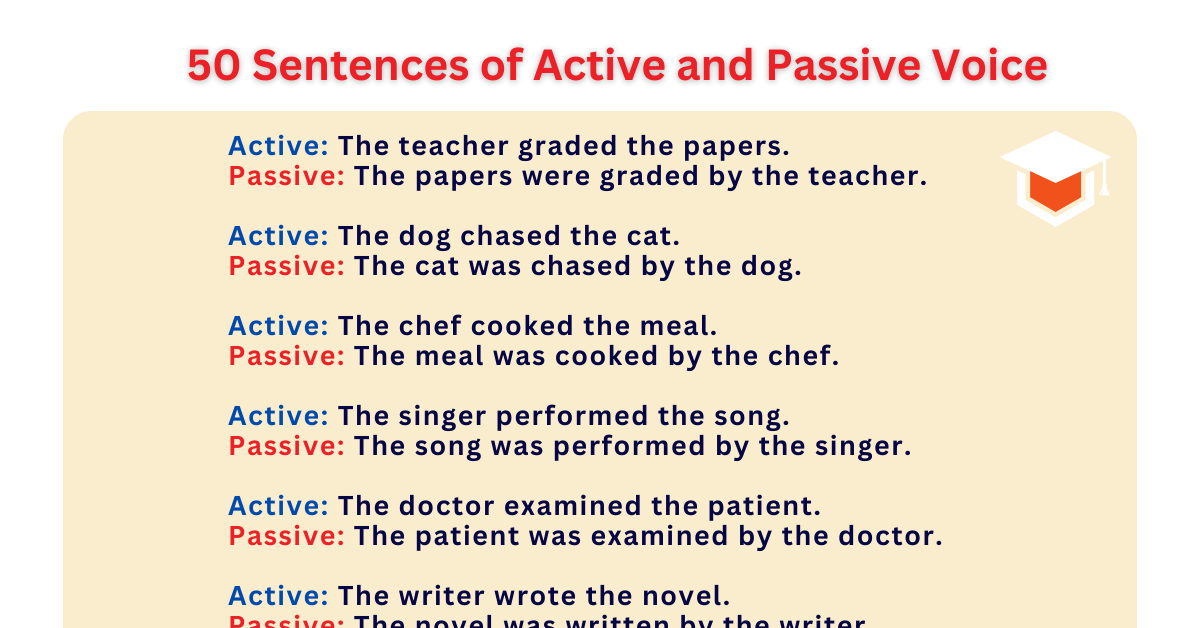In the world of writing, the use of passive and active voice can greatly impact the clarity and effectiveness of your message. Understanding the difference between the two can help you communicate your ideas more effectively and engage your audience.
Active voice is when the subject of the sentence performs the action, while passive voice is when the subject of the sentence is acted upon. Both have their own uses and benefits, depending on the context and purpose of your writing.
Active Voice
Active voice is often preferred in writing because it is more direct and engaging. It allows the reader to easily understand who is performing the action and keeps the sentence clear and concise. For example, “The dog chased the cat” is in active voice, with the subject (the dog) performing the action (chased).
Using active voice can also make your writing more dynamic and interesting. It adds a sense of immediacy and energy to your sentences, making them more engaging for the reader. Active voice is particularly useful in persuasive writing, where you want to make a strong impact and drive your point home.
Additionally, active voice can help you avoid ambiguity and confusion in your writing. By clearly stating who is performing the action, you can eliminate any potential misunderstandings and ensure that your message is conveyed accurately.
Overall, active voice is a powerful tool for creating clear, engaging, and impactful writing. By using active voice in your sentences, you can make your writing more direct, dynamic, and compelling, capturing the attention of your audience and effectively communicating your ideas.
In conclusion, understanding the difference between passive and active voice is essential for effective communication in writing. While passive voice has its own uses and benefits, active voice is generally preferred for its clarity, directness, and engagement. By mastering the use of active voice, you can enhance the quality of your writing and connect more effectively with your readers.
